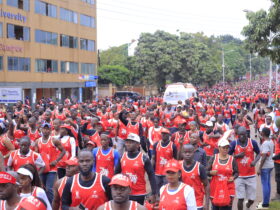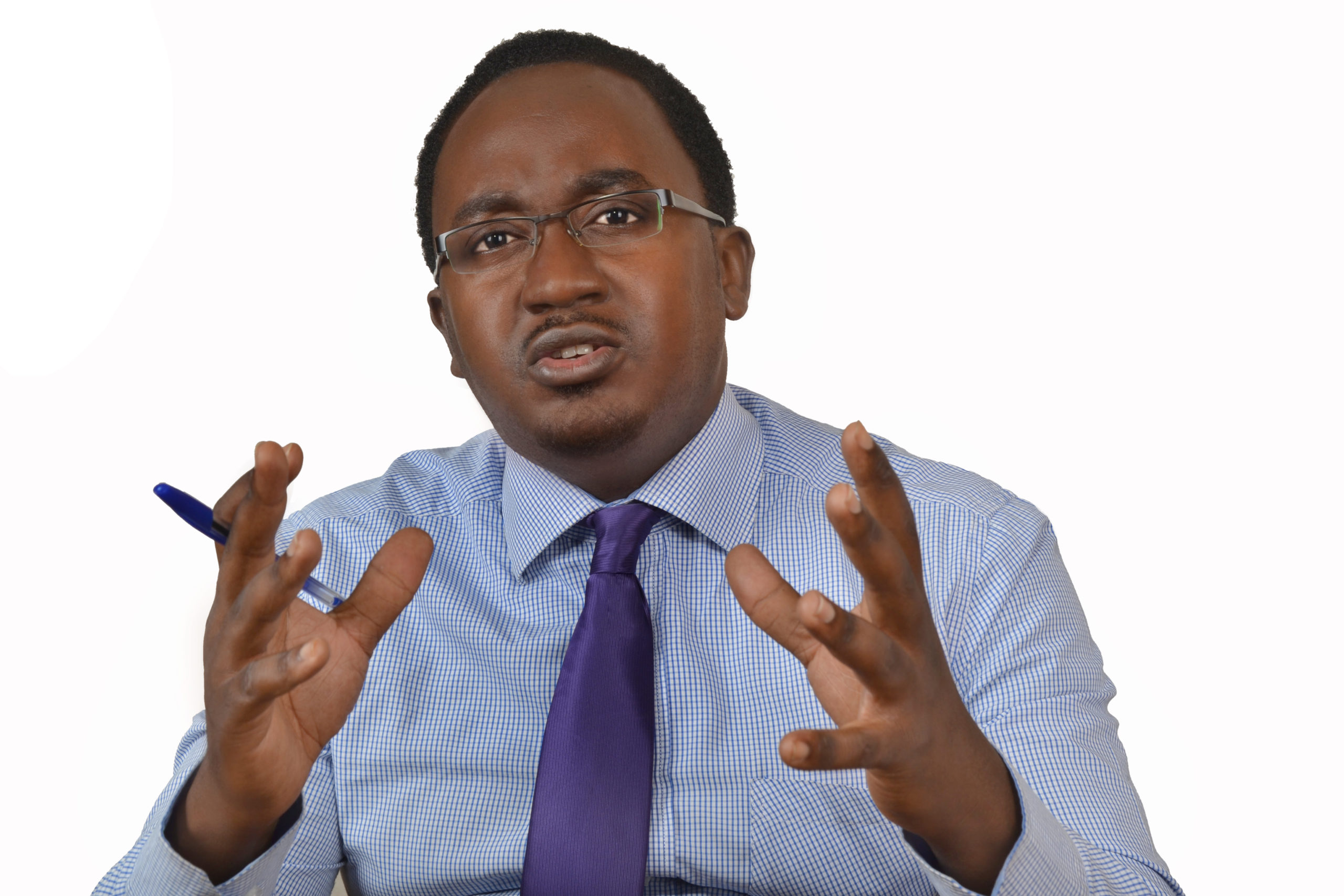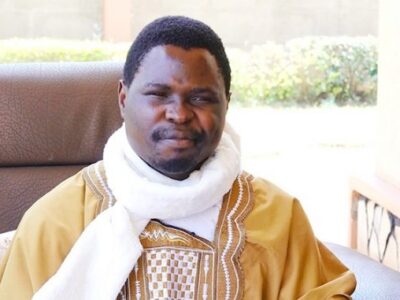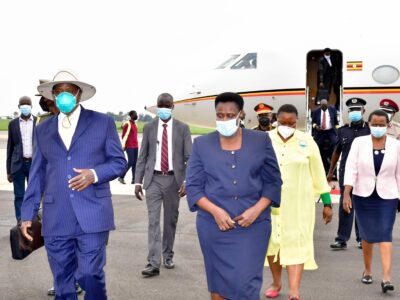By, Crispin Kaheru, Socio-Political Commentator.
Some Members of the East African Legislative Assembly (EALA) representing Uganda have recently been in the spotlight for calling for a postponement of Uganda’s 2021 general election to 2023. Their reason is; after the Covid-19 pandemic, Uganda’s economy will be too weather-beaten to support an election budget. On the face of it, their reasoning could be persuasive but it fades as fast as it captures ones mind – upon interrogation.
The legal and financial cost of postponing a general election is generally quite significant. In fact the cost of the process of extending an election is simply prohibitive (and possibly, rightly so).
The framers of the 1995 Constitution of Uganda made postponing a general election one of the most difficult maneuvers. Article 77 of the Constitution envisages extension of the life of Parliament for a period of not more than six months if a state of war or emergency is in existence. Even in times of war or emergency, a Parliamentary resolution in favor of the extension backed by not less than two-thirds of all members of Parliament has to be passed. That only goes to show you how daunting the process of extending the life of Parliament is. As it is now, it would again be problematic for the President to declare a state of emergency on the basis of the Covid-19 pandemic when the rate of infections in Uganda is actually fading.
The other window available to postpone an election is through a plebisciteor referendum. Here, the electorate would have to be asked if they are in favor of an extension or not. However, given that a referendum is an election of sorts, and the petitioners are concerned about the cost of elections, it would again be foolhardy to organize a referendum to determine new dates for an election.
Besides, those calling for the extension of the 2021 general election seem to be operating in a vacuum. There is little to show that they have consulted relevant stakeholders and that indeed their petition is genuinely rooted in aspirations of those that participate in elections including the electorate. Personally, I am not entirely convinced that the sentiments around postponing the general election are shared by key actors such as the Electoral Management Body or even political parties and organizations.
In fact, ordinarily, it would be the election administrators seeking more time to organize and conduct elections – because they’ve lost time for implementing the electoral roadmap. It would be the political parties at the forefront of making the call for the extension of the elections because they’ve got to make time for their internal party activities prior to an election. This is however not the case. What the petitioners are doing is mere weeping more than the bereaved. And in any case, I have not heard government coming out to claim that it lacks funds to commit to the electoral process due to effect of Covid-19.
As we speak, the Electoral Commission has lost about six weeks due to the interruption caused by Covid-19. That not withstanding, the proponents of postponing the election are calling for a compensatory two-year extension of the general election (from 2021 to 2023). This without a doubt sounds fishy. In fact, I am tempted to associate with the street talk that the call to postpone the 2021 general election to 2023 could be another veiled attempt to shortchange Uganda from a five-year to a seven-year electoral cycle.
Similarly, it is contradictory to hear calls for the postponement of an election when the Covid-19 pandemic that is being offered as a reason, is actually being contained. In mid April this year, South Korea safely held its legislative elections amidst a spike in the number of Covid-19 infections in the country. In fact, that election is credited as one with the highest voter turn-out since 1992.
There are lessons to be drawn from the kind of election that South Korea held in the middle of the Covid-19 pandemic. Election administrators emphasized health and safety measures including social distancing. Political campaigns were conducted virtually via media (radio, TV, social media, internet) – and they turned out cheaper and more serene. Voters and polling officials had to wear masks and gloves.
Polling stations had hand-washing facilities alongside temperature guns to measure body temperatures of voters. Of course South Korea is not Uganda in any way, but the rate of Covid-19 infections in Uganda at the moment is far less than what it was when South Korea went to the polls. Therefore, what Uganda needs is probably not postponing the election but rather integrating health and safety measures in its electoral framework.
The timing of the petition to postpone the 2021 elections comes at a wrong time. First it interrupts the discourse on the pandemic right now. Secondly, it is too early to determine how the Covid-19 pandemic is going to play out – over the next weeks or months. Such a discussion would make more sense somewhere around June or July 2020 after a clearer manifestation of the trend of the pandemic.
Right now the petition will continue to come off as suspicious. In fact, it even gets more suspicious because of the proponents. The Ugandan Parliament elects EALA MPs; and I would not be surprised if this is another backdoor ploy to appease Uganda’s Members of Parliament.
For now, I suggest that Ugandans make better use of their time by fighting the spread of Covid-19 in every way than be distracted by a premature conversation on postponing the general election. Practically, let the election stakeholders review their plans with a view of recovering the time lost due to the Covid-19 disruption – and plan to go to the polls in January/February 2021.












